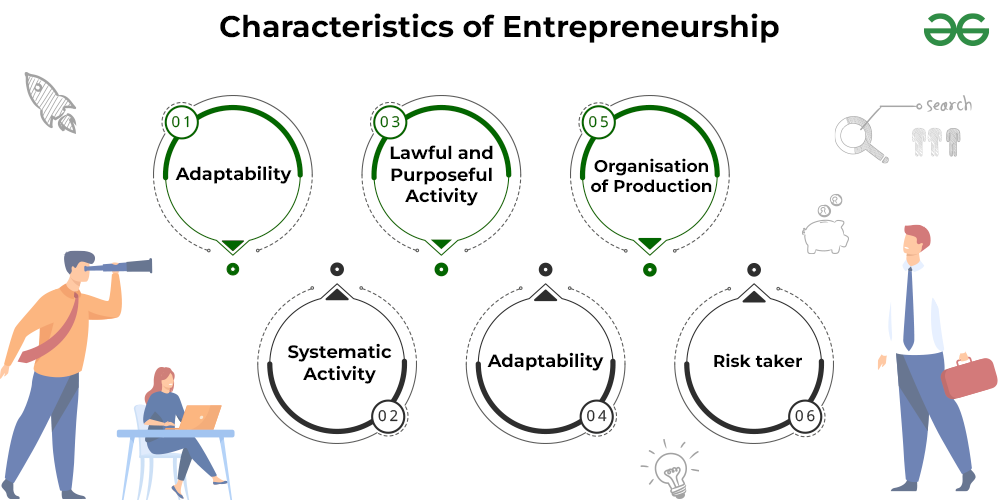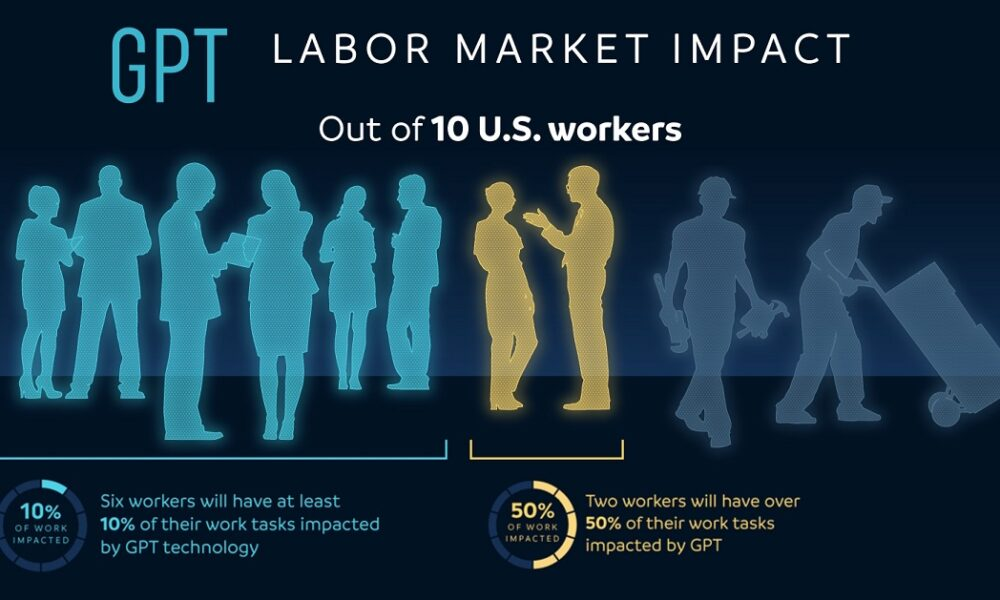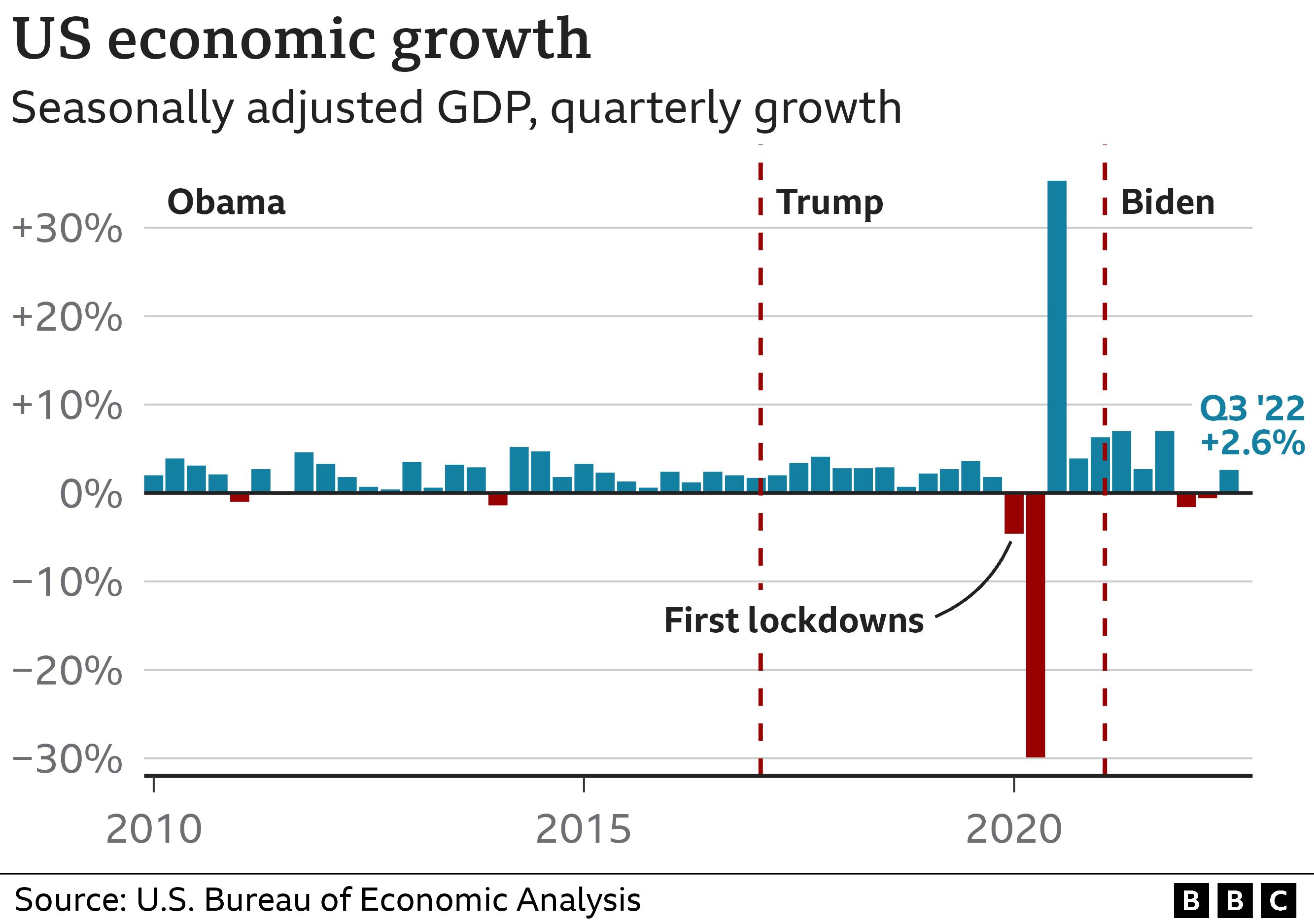Entrepreneurialism has become a defining characteristic of modern American life, reshaping how we perceive work and success. In his insightful book, *Make Your Own Job*, Erik Baker delves into the complexities of this phenomenon, highlighting the shift in our work ethic towards a culture defined by ambition and self-reliance. As more individuals embrace the entrepreneurial spirit, the rise of self-employment trends, freelancing culture, and innovative business models flourishes. This transformation reflects a broader societal trend toward personal empowerment, encouraging people to actively craft their careers rather than conform to traditional employment structures. By understanding these shifts, we can better appreciate how American entrepreneurialism influences our daily lives and the future of the workforce.
The exploration of self-driven business practices and innovative thinking transcends traditional definitions of work in contemporary society. Often described as the entrepreneurial mindset, this approach celebrates the individual’s capacity to create and sustain their own employment opportunities amidst changing economic landscapes. This shift has led to the emergence of unique vocational paths and the flourishing of a vibrant gig economy, where self-employment trends are rampant. As we continue to see a blending of personal and professional aspirations, alternative work arrangements—like freelance work—have gained traction, highlighting a more personal approach to career development. Analyzing these dynamics offers valuable insights into the evolving relationship between individuals and their professional environments.
The Rise of American Entrepreneurialism
American entrepreneurialism has seen a significant rise over the past few decades, reflecting a cultural shift in how individuals define success and fulfillment. This movement can be traced back to the end of the 19th century when technological advancements began to replace traditional manufacturing jobs, leading to a societal response that favored entrepreneurial endeavors. As traditional employment opportunities waned, more Americans turned towards self-employment and solo ventures, recognizing the chance to leverage their unique skills and passions in ways that aligned with their personal values.
The transformative nature of this entrepreneurial spirit is evidenced by the growing acceptance of various forms of self-employment, from freelancers to life coaches. The pursuit of one’s enterprise is no longer limited to the launch of a business; it embodies a broader spectrum of possibilities wherein individuals can monetize their talents and creativity. Books like Erik Baker’s *Make Your Own Job* further articulate this mindset, emphasizing that entrepreneurship is not just about job creation but represents an opportunity for individual empowerment and self-discovery in a rapidly changing economic landscape.
Frequently Asked Questions
How has American entrepreneurialism changed the job market?
American entrepreneurialism has significantly reshaped the job market by fostering a culture where individuals are encouraged to create their own opportunities. This shift, rooted in the idea of ‘Make Your Own Job,’ promotes self-employment trends and inspires people to become freelancers or start their own businesses, reflecting a broader embrace of the entrepreneurial spirit in contemporary society.
What are the key characteristics of the entrepreneurial spirit?
The entrepreneurial spirit is characterized by traits such as creativity, innovation, risk-taking, and resilience. It embodies the mindset of individuals who seek to create their own paths, driven by passion and the desire to make a difference, which has been increasingly valued in the context of modern American entrepreneurialism.
How do self-employment trends reflect American entrepreneurialism?
Self-employment trends illustrate the growing acceptance and prevalence of American entrepreneurialism, as more individuals opt to work for themselves in search of autonomy and satisfaction. This movement is often seen in the rise of gig workers, freelancers, and solopreneurs who leverage their skills in a rapidly evolving economic landscape.
What impact does freelancing culture have on entrepreneurialism?
Freelancing culture has a profound impact on entrepreneurialism by encouraging individuals to adopt an entrepreneurial mindset in their careers. It allows for flexible work arrangements and helps individuals diversify their income streams, contributing to a broader definition of what it means to be an entrepreneur in today’s economy.
How can one cultivate an entrepreneurial spirit?
To cultivate an entrepreneurial spirit, individuals should focus on developing creativity, embracing risk, and seeking continuous learning opportunities. Engaging in self-reflection, networking with other entrepreneurs, and exploring various self-employment trends can further enhance one’s entrepreneurial mindset.
What role has technology played in modern American entrepreneurialism?
Technology has played a crucial role in modern American entrepreneurialism by lowering entry barriers for new businesses and providing tools for freelancers and entrepreneurs to connect with clients. Advances in digital platforms have facilitated the rise of remote work and freelance opportunities, further embedding entrepreneurialism into the fabric of the economy.
How does the concept of ‘Make Your Own Job’ influence today’s workforce?
The concept of ‘Make Your Own Job’ influences today’s workforce by encouraging individuals to take charge of their careers and pursue opportunities outside traditional employment. This mindset fosters innovation and empowers people to create jobs that align with their skills and passions, reflecting a significant shift in how work is perceived within American entrepreneurialism.
| Key Point | Details |
|---|---|
| Definition of Entrepreneurialism | Includes various roles like business founders, managers, and freelancers. |
| Historical Context | Emerging due to technological unemployment in the late 19th century. |
| Shift in Work Ethic | From industriousness to entrepreneurialism emphasizing personal skills and ambition. |
| Influence of Self-help Literature | Books like ‘Think and Grow Rich’ encouraged turning work into a personal calling. |
| Impact of Economic Stress | Entrepreneurialism tends to flourish during economic downturns. |
| Cultural Perception | Self-perception as entrepreneurs expanded to include all working individuals. |
| Modern-Day Relevance | Continues to shape perceptions as people seek meaningful work. |
Summary
Entrepreneurialism reshapes how we perceive work, pushing individuals to take initiative and embrace risk in both economic and personal dimensions. This evolving concept offers not just opportunities for traditional business ventures but also inspires a culture where everyone can consider themselves an entrepreneur regardless of their employment status. As this trend continues, it reflects a growing desire for autonomy and fulfillment in work.




